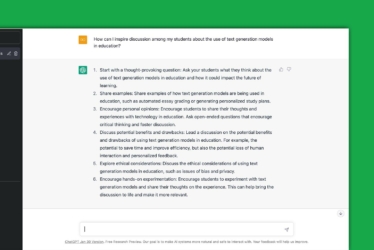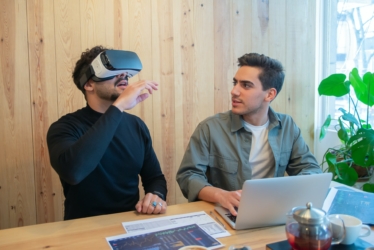Insights
Our History of Digital Learning
Our support team at the Centre for Innovation at Leiden University is responsible for innovating learning and teaching, and project management. This includes instructional design, video production, coaching, technical support, development support, online community management, communication and participant recruitment, evaluation and data analysis.

Some of our earliest experiments with digital learning were with online education. Together with our partners, we have produced Massive Open Online Courses (MOOCs), freely accessible to anyone on the Coursera platform. We also produce Small Private Online Courses (SPOCs). A SPOC can be, for example, a course designed by an organization for employee training purposes or a university course made available to a limited number of students. The organisation of work with our partners (usually teachers) is based on a network model and deploys agile methods to ensure that innovation and production quality are aligned at all times.
The trend towards blended learning
Since digital learning material is readily accessible to students, many of our partner teachers move on to use said material as support for on-campus courses in a form of ‘blended learning.’ Thereby, teachers use class-time for alternative purposes than to impart knowledge. For example, teachers can make use of class-time for further discussions on topics that students already viewd in MOOC form. Using this method, teachers report feeling a flexibility in re-inventing their role in the classroom.
To take the innovation in teaching and learning a step-further, the Virtual Exchange program at Leiden University enables the combination of on-campus students with ‘virtual’ students from abroad. Using that method, virtual exchange courses can be designed at the Centre so that on-campus and virtual students are exposed to online learning material. Afterwards, live lectures and sessions can be conducted where on-campus students and virtual students share a learning experience designed to involve both groups equitably. Designing such a course can require a substantial level of creativity, and teachers report benefits in diversifying the student population with involving students from abroad.
At the Centre for Innovation, we are present during the conduct of such courses to provide support and conduct critical analysis for future reference in designing such courses.




